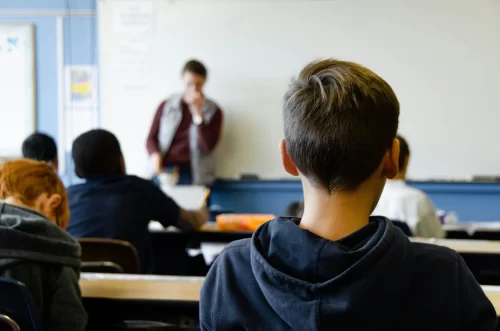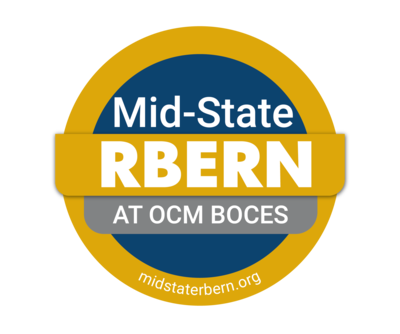The Mid-State Regional Bilingual Education Resource Network (RBERN) at OCM BOCES

Mid- State RBERN, funded by the New York State Education Department's Office of Bilingual Education and World Languages (OBEWL), is dedicated to enhancing instructional practices and educational outcomes for English Language Learners (ELLs) and Multilingual Learners (MLs) across the Central New York region.Working in close partnership with the New York State Office of Bilingual Education and World Languages (OBEWL), we offer no-cost professional learning, technical assistance, on-site consultation, and resources tailored to the diverse needs of our districts and schools.We aim to create equitable educational opportunities that promote academic excellence for all culturally and linguistically diverse students.


